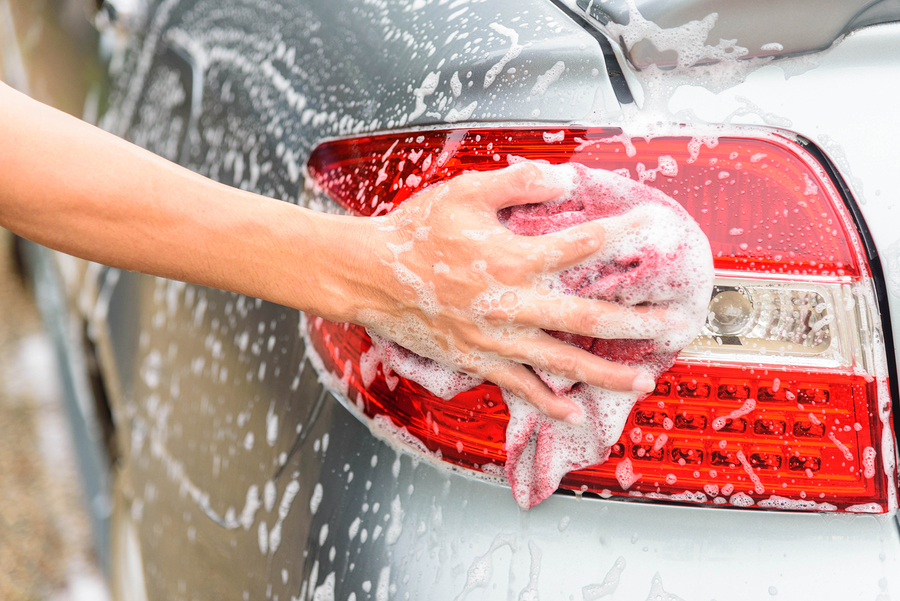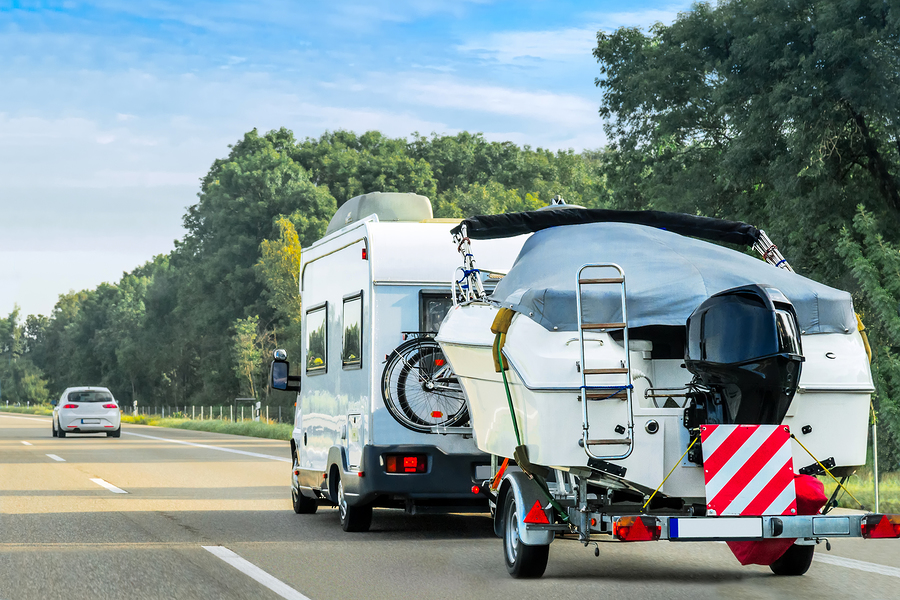Remember are blog from December about making better gas mileage your 2020 new years’ resolution? Well, how have you done so far? Are you still not happy with your fuel saving efforts? If so, perhaps you, like so many others, have fallen victim to some common fuel efficiency misconceptions.
Continue below to learn the top gas mileage myths circulating through the industry, and perhaps improve your fuel efficiency results!

Top 5 Gas Mileage Misconceptions:
“Small Cars Get Better Fuel Mileage”
Size has nothing to do with fuel efficiency. Everything under the hood, the materials used to manufacture the vehicle, and proper maintenance are what make vehicles fuel-efficient. Advancements in technology that promote better fuel economy include diesel engines, turbochargers, hybrid drive trains, and low-rolling resistance tires.
“Manual Transmissions Get Better Gas Mileage”
Although true in the past, new advancements in automatic-transmission technology has made this a modern-day myth. More gears have led to less wasted fuel and much more. Whether you choose manual or automatic, fuel efficiency will not be comprised by this decision.
“Old Cars Get Poor Gas Mileage”
A vehicle is really only as old as its engine. And so long as the engine is properly maintained over the years of ownership and use, the gas mileage should not be affected. In fact, there is a vehicle “break-in” period (the first 5,000 miles or so) where the fuel efficiency actually improves, rather than declines!
“Replacing the Air Filter Will Jump-Kick Fuel Economy”
If your car has an older engine with a carburetor still, then this myth is a little true. But fuel economy for modern fuel-injected cars and trucks is not influenced by a singular filter change. Fuel-injected engines delivers lower emissions and improved fuel economy. An onboard computer automatically adjusts the fuel-flow depending on the amount of air entering the engine.
“Premium Fuel Will Improve Gas Mileage”
This will just end up being a waste of money. Premium fuel does not equal better fuel economy. In fact, using a higher-octane fuel will not alter vehicle performance at all. Only use premium gas if your vehicle’s owners’ manual suggests to; otherwise, stick to unleaded.
Are You Out of Gas in Indianapolis, Indiana?
Call Zore’s Towing at 317-247-8484 for friendly 24 hour roadside assistance, including fuel fill-ups, in Indianapolis, or throughout Central Indiana. We open a family-owned and operated business for 90 years, so you can trust us for prompt and professional service. We are open 24 hours a day, seven days a week, and 365 days a year, so our certified tow truck operators can be there for you anytime, any day! Request free estimates, anytime.



